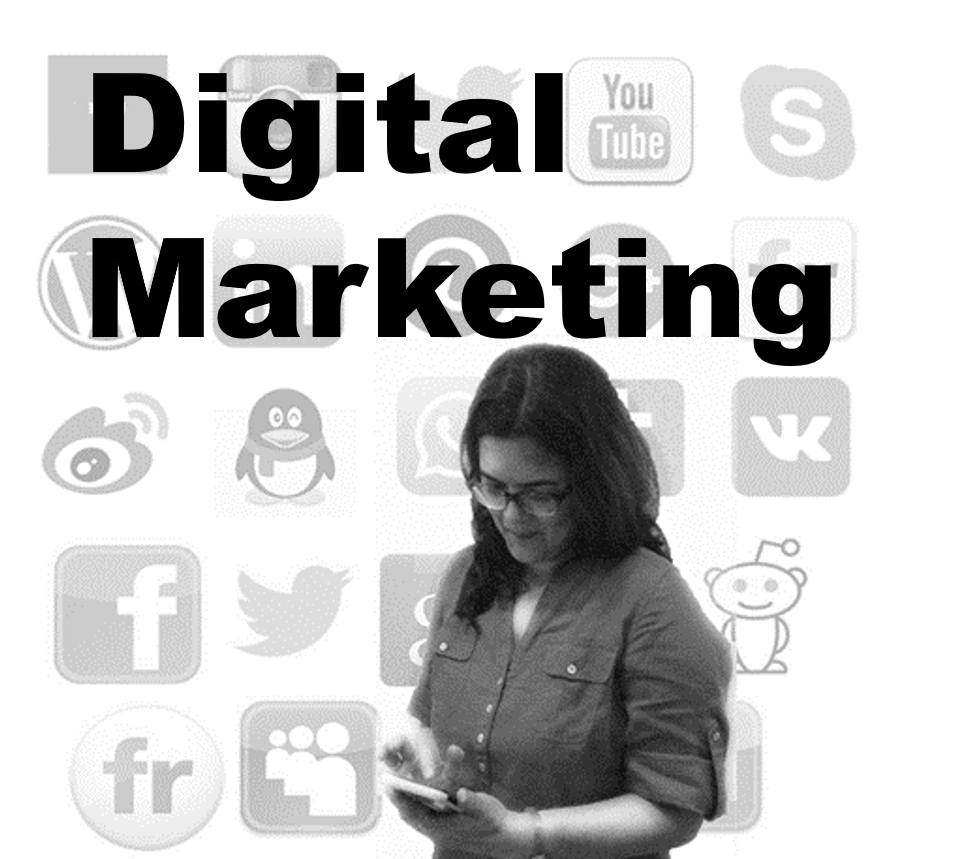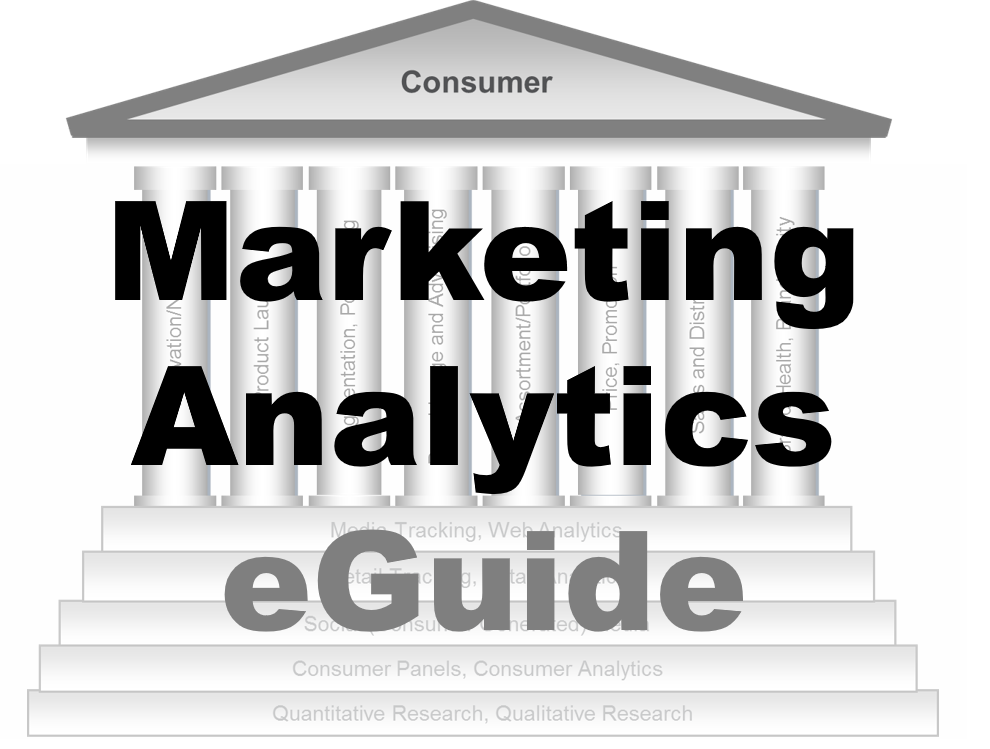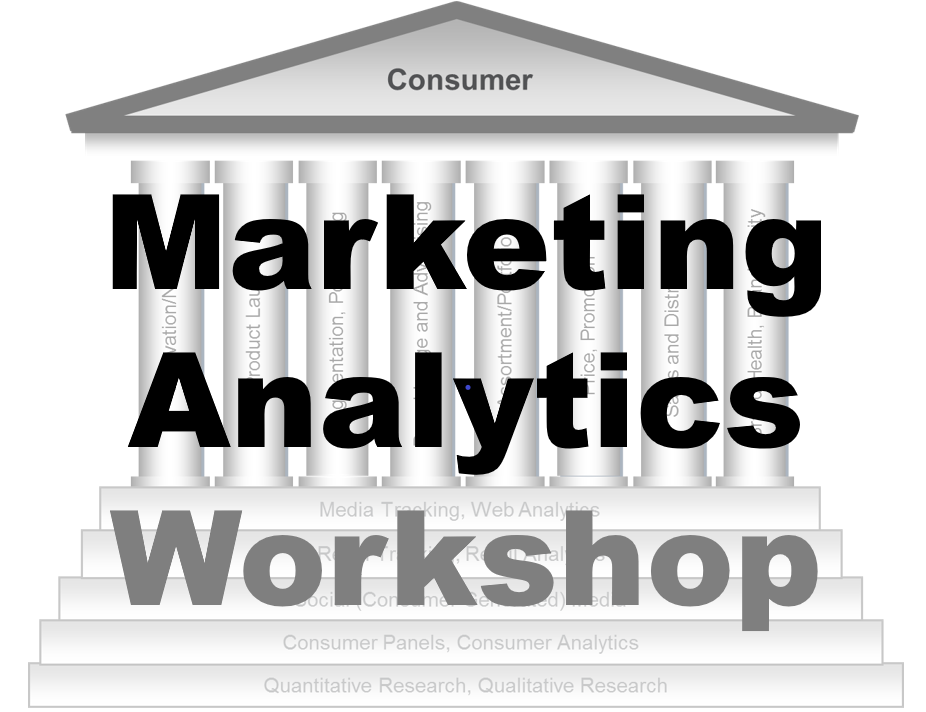-
Digital Marketing
Digital Marketing
New Media, New Imperatives
People Power
Engaging with Consumers in Cyberspace
Word-of-Mouth and Brand Meaning Management
Heightened Accountability
Dove Bottle Advertisement
Market Globalization
Marketing to Individuals
Media Convergence
Data Power
What Works Online
Sugarpova
Chobani
Building Online Assets
Apps
Content is King
Personalization
Buzz (word-of-mouth) Marketing
Growth of Advertising on the Internet
Advertising on the Internet
Outbound Advertising
Inbound Advertising
Viral Advertising
Digital Advertising Formats
Targeting
Mobile Advertising
Search Advertising
Social Media Advertising
- New Media
- Digital Marketing
- YouTube
- SEO
- Search Advertising
- Web Analytics
- Execution
- Case — Prop-GPT
ThinkBusiness: Dollars, Digits and Data
Today: Dollars, Digits and Data
ThinkBusiness: Disrupting marketing
Dove Bottle Ad
ThinkBusiness: Social Cloisters and Fake News
- Marketing Education
- How to Choose the Right Marketing Simulator
- Self-Learners: Experiential Learning to Adapt to the New Age of Marketing
- Negotiation Skills Training for Retailers, Marketers, Trade Marketers and Category Managers
- Simulators becoming essential Training Platforms
- What they SHOULD TEACH at Business Schools
- Experiential Learning through Marketing Simulators
-
MarketingMind
Digital Marketing
Digital Marketing
New Media, New Imperatives
People Power
Engaging with Consumers in Cyberspace
Word-of-Mouth and Brand Meaning Management
Heightened Accountability
Dove Bottle Advertisement
Market Globalization
Marketing to Individuals
Media Convergence
Data Power
What Works Online
Sugarpova
Chobani
Building Online Assets
Apps
Content is King
Personalization
Buzz (word-of-mouth) Marketing
Growth of Advertising on the Internet
Advertising on the Internet
Outbound Advertising
Inbound Advertising
Viral Advertising
Digital Advertising Formats
Targeting
Mobile Advertising
Search Advertising
Social Media Advertising
- New Media
- Digital Marketing
- YouTube
- SEO
- Search Advertising
- Web Analytics
- Execution
- Case — Prop-GPT
ThinkBusiness: Dollars, Digits and Data
Today: Dollars, Digits and Data
ThinkBusiness: Disrupting marketing
Dove Bottle Ad
ThinkBusiness: Social Cloisters and Fake News
- Marketing Education
- How to Choose the Right Marketing Simulator
- Self-Learners: Experiential Learning to Adapt to the New Age of Marketing
- Negotiation Skills Training for Retailers, Marketers, Trade Marketers and Category Managers
- Simulators becoming essential Training Platforms
- What they SHOULD TEACH at Business Schools
- Experiential Learning through Marketing Simulators
Content is King
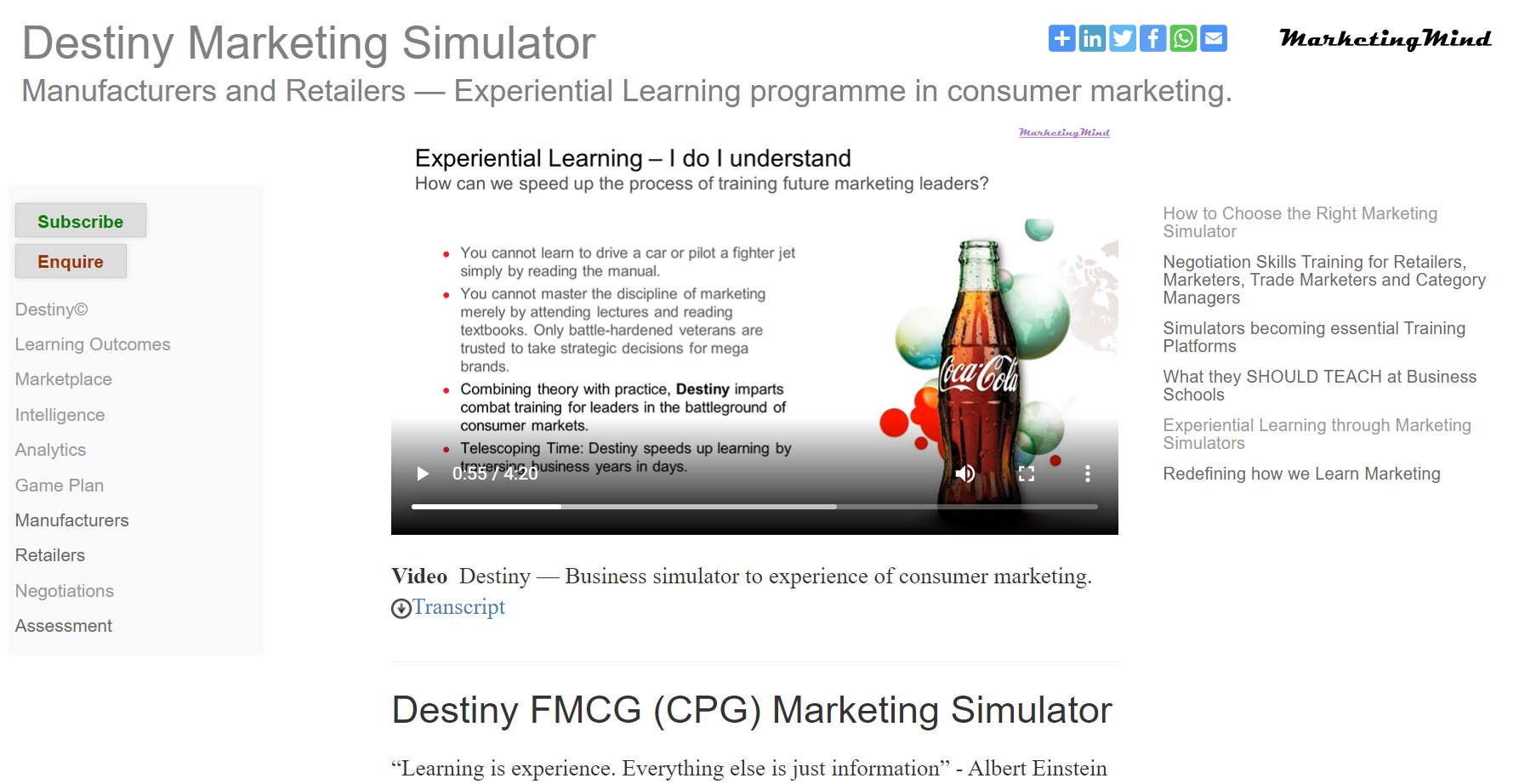
Exhibit 19.10 A key component of Destiny Simulator’s pull strategy is its collection of articles on marketing simulators, experiential learning methods, negotiation skills training, and marketing education in general.
To state the obvious, useful content is what draws the target audience to a site and keeps them coming back. It is the force that propels inbound marketing.
Content has always been of paramount importance for media in general. What differentiates web platforms, however, are the possibilities and capabilities these platforms have to offer. The user experience is multi-faceted, and it may be personalized to a much greater extent.
Traditional media typically follows a linear format, with content presented page by page in a fixed order. Online media, on the other hand, is a fluid and multidirectional, network of interconnected pages featuring a combination of text, images, audio and video. Through hyperlinks, viewers can personalize their on-site journey, navigating through content, both within a website or between different websites.
Securing inbound hyperlinks from influential external sites should be a priority for any commercial website as these crucial pathways bring traffic to the site. In addition, search engines like Google consider the quantity and quality of inbound links as a key measure of a site’s authority, which influences its page ranking. Thus, a site’s potential to secure links is a key barometer for success, and this ultimately hinges on the quality and relevance of its content.
Whereas inbound (external) links are the pathways that bring traffic to the website, internal links serve to retain and convert users. They aid conversion by channelling traffic from landing pages to the conversion pages.
To gain insight into a site’s link profile, information on both external and internal links can be found in Google Search Console. For details on internal links, inbound links and link equity refer Chapter Search Engine Optimization.
A website can cater to a diverse audience with varying levels of expertise, providing valuable content regardless of whether the user is a subject expert or a novice. The user has control over their on-site journey and can choose the path they wish to take through the network of pages, customizing their experience by delving into as much or as little detail as they desire.
Moreover, sites can also personalize user experiences based on information gathered about the user’s behaviour and preferences, serving content that is relevant to them. This is particularly important for large website. The ability to screen the most relevant content from a vast amount of information, enhances the site’s usability, encourages desired behaviour such as conversion or sales, and increases customer loyalty.
Websites can foster collaboration through internet forums, bringing communities together to discuss relevant topics, seek answers to questions, and share interests. These sites often serve their communities better than user manuals, guides, or even company support staff.
The websites of Always (Exhibit 19.6) and Garnier (Exhibit 19.1) are apt examples of well-designed business sites that effectively use inbound marketing strategies. They offer a wide range of advice and tips that cater to the needs and preferences of their consumers. In addition, they provide an “Ask the Expert” type of service to address specific questions or concerns that their users may have, which not only provides personalized advice but also fosters a sense of connection between the brand and the consumer.
Similarly, the Destiny Marketing Simulator, which is an experiential learning platform for train marketing professionals, utilizes various strategies to attract inbound traffic to its website (Exhibit 19.10). A key component of the platform’s pull strategy is its collection of articles on marketing simulators, experiential learning methods, negotiation skills training, and marketing education in general. Unlike traditional brochures that primarily focus on the product, the Destiny website offers valuable content on the use of marketing simulators for experiential learning. This approach ensures that when prospects search for information related to these topics, the Destiny website is more likely to appear at the top of the search results. The site also employs landing pages that are optimized for specific keywords and phrases, which further enhances its search engine visibility and improves its chances of attracting potential customers.
While there are examples of well-crafted business sites that resonate with their target audience, the majority of sites do not fully utilize the potential of the web. Many simply are brochurewares, replicating printed brochures or TV advertising in a passive state, and providing nothing more than sales pitches. This highlights the need for businesses to improve their online presence and transition from push to pull strategies, making better use of web tools to exploit the full potential of the internet.
Overall, businesses need to understand the importance of creating websites that offer value to their target audience, rather than just using them as sales pitches to promote their products or services. By providing informative and useful content, personalized experiences, and engaging with their audience through forums or other interactive features, businesses can increase their chances of attracting and retaining customers online.
Previous Next
Use the Search Bar to find content on MarketingMind.
Digital Marketing Workshop

Unlock the Power of Digital Marketing: Join us for an immersive online experience designed to empower you with the skills and knowledge needed to excel in the dynamic world of digital marketing. In just three days, you will transform into a proficient digital marketer, equipped to craft and implement successful online strategies.
Marketing Analytics Workshop
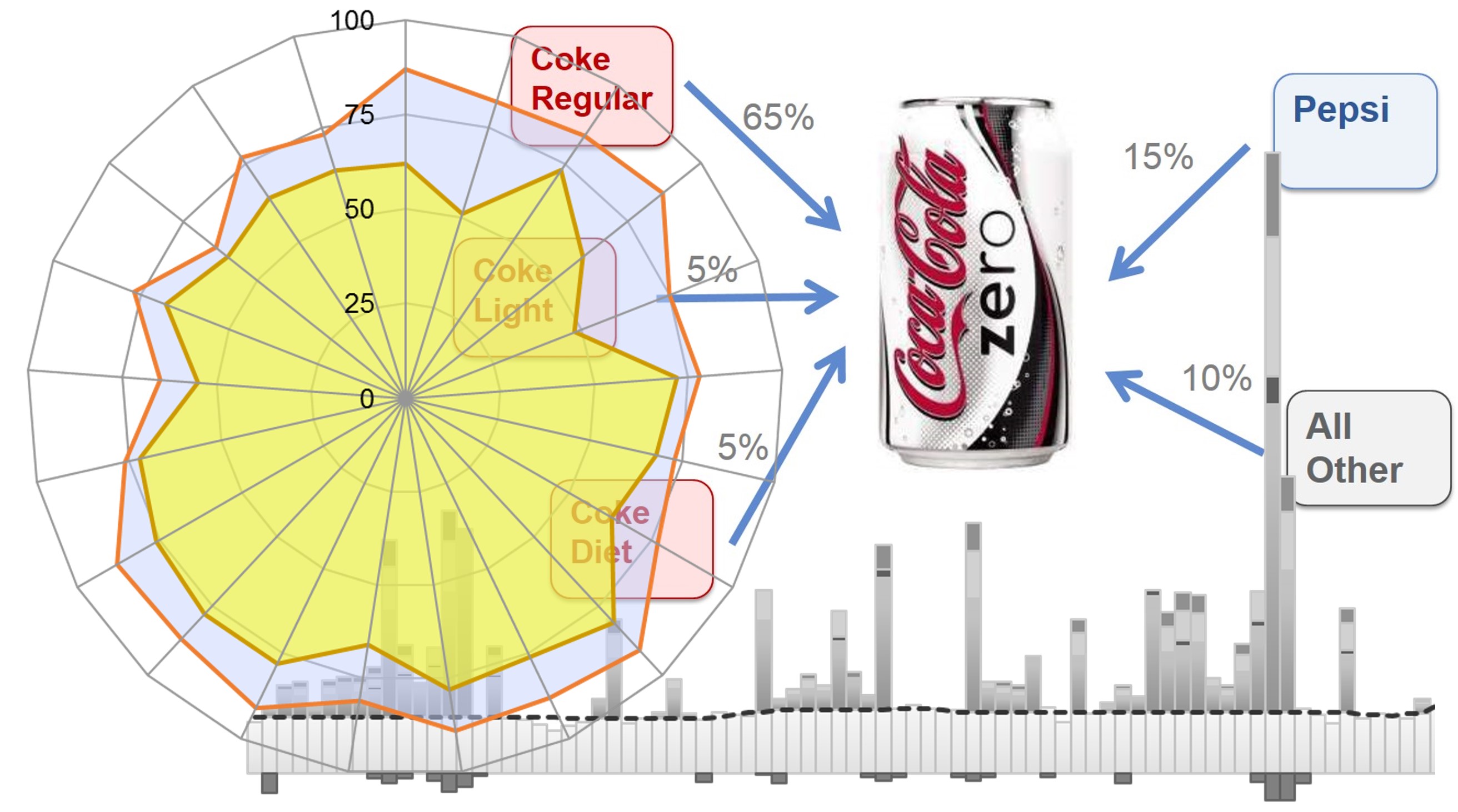
In an analytics-driven business environment, this analytics-centred consumer marketing workshop is tailored to the needs of consumer analysts, marketing researchers, brand managers, category managers and seasoned marketing and retailing professionals.
Contact | Privacy Statement | Disclaimer: Opinions and views expressed on www.ashokcharan.com are the author’s personal views, and do not represent the official views of the National University of Singapore (NUS) or the NUS Business School | © Copyright 2013-2024 www.ashokcharan.com. All Rights Reserved.

